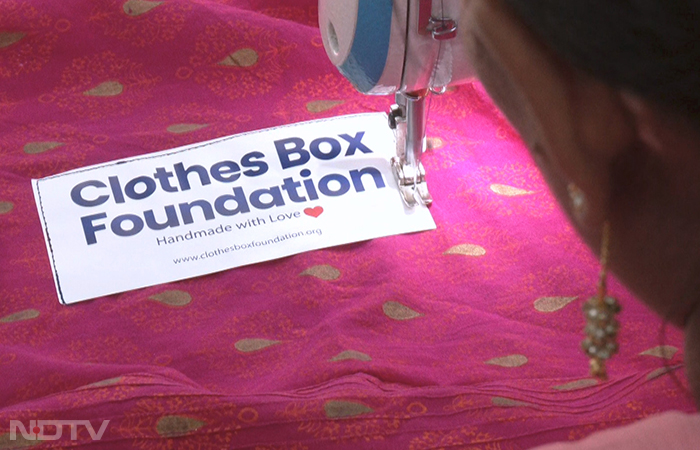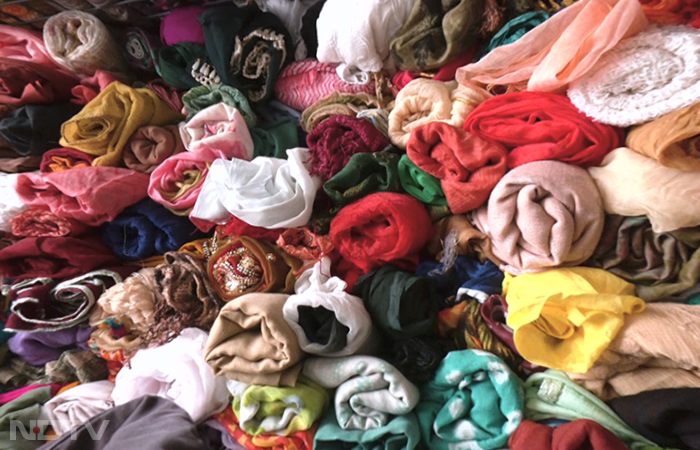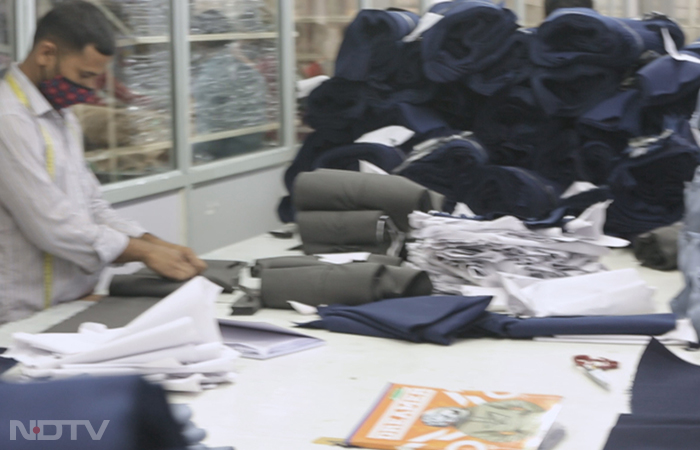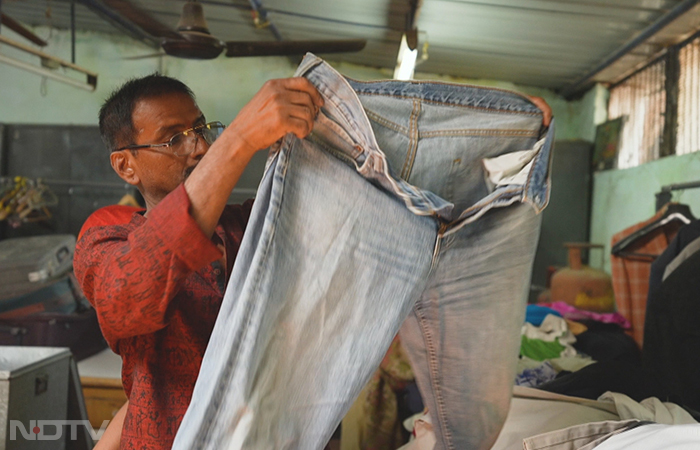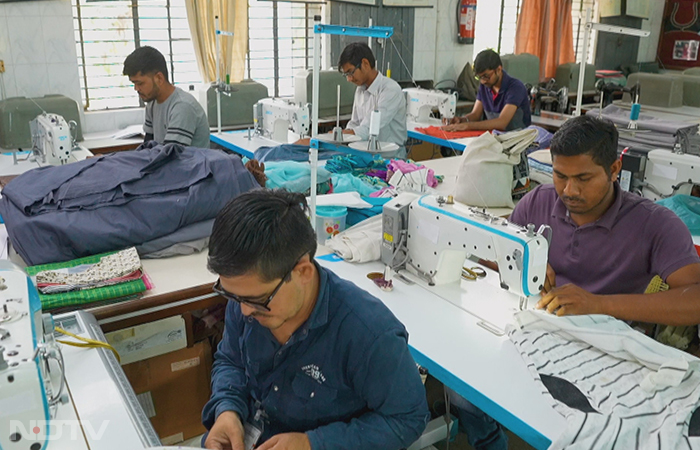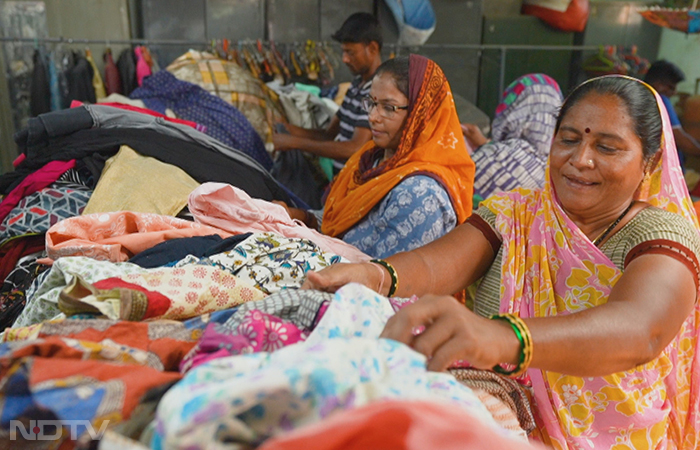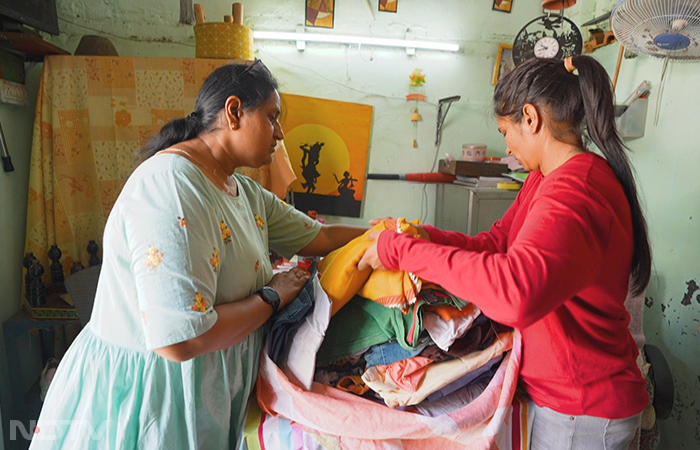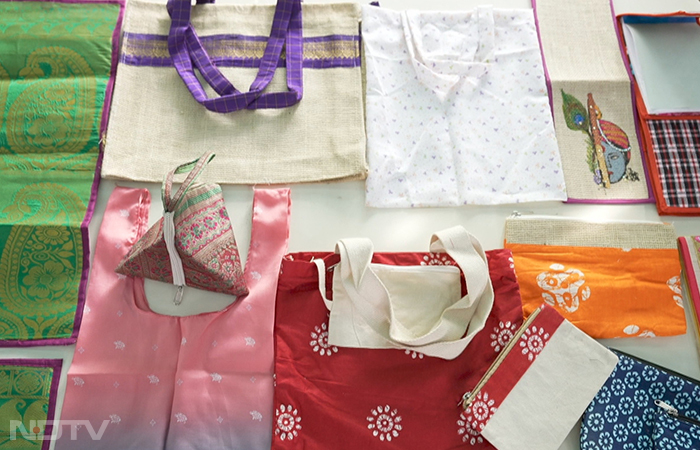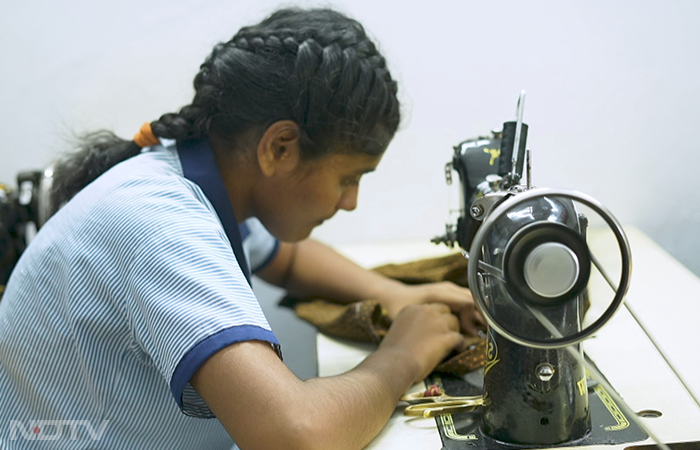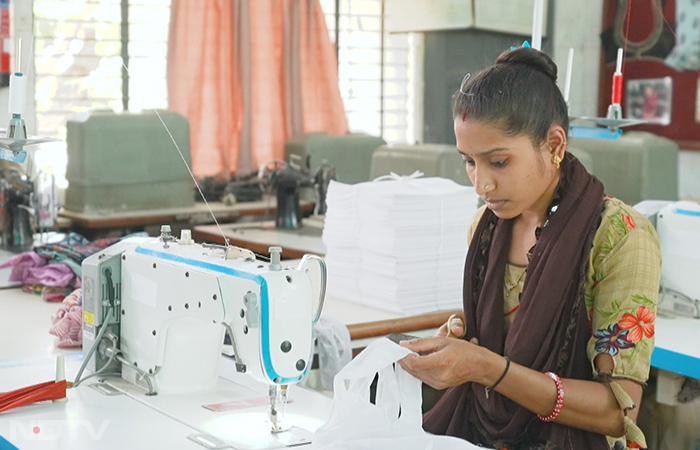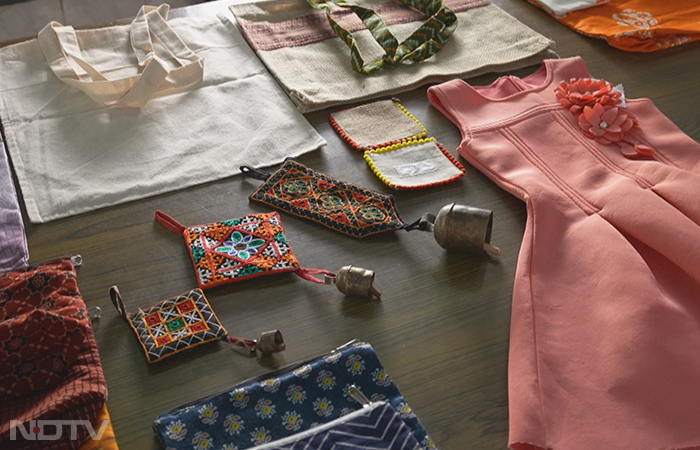Clothes Box Foundation And Blind People's Association Are Giving A New Meaning And Purpose To Old Clothes
The easiest way to repurpose your old clothes is by donating them to a non-governmental organisation (NGO). But have you ever wondered where those clothes go? Who wears them? Or what is made out of the ones that can't be donated or reused? We take you through the journey of the Clothes Box Foundation and Blind People's Association, repurposing and recycling old clothes. Here's how.
-
In 2014, Sajan Veerr Abrol, founded the not-for-profit organisation, Clothes Box Foundation, with the idea of making 'clothes accessible to those in need'. It started with only 200 clothes that the organisation had collected in three months. But such was the impact of this small initiative, that actor Amitabh Bachchan volunteered to be a part of the donation drive and gave them some of the costumes he wore in his movies. Today, the foundation collects up to 25,000 clothes per day.
-
When the clothes donated by people arrive at the Clothes Box Foundation, they go through a system of processing. They are first divided into clothes that are fit to be distributed and clothes that can't be. Segregating clothes by size is crucial to the process. It helps the foundation send the right clothes to the right places.
-
But what happens to the clothes that are not fit to be distributed, like stained or torn clothes? Keeping the dignity of the beneficiary in mind, unfit clothes are kept aside and sent to the recycling facility where the foundation makes school bags for children, blankets for distribution and other such things.
-
The biggest concern remains the clothes that have fallen apart into scraps. You would imagine there isn't much use for these scraps, but the Clothes Box Foundation has found the perfect solution which keeps our furry friends in mind. Jute bags are filled with scrap clothes to create dog beds for stray dogs.
-
Along with clothing donations, it is critical to recognise and respect the rights and dignity of persons with disabilities, as well as to provide them with equitable access to school, work, healthcare, and other services. This is exactly what Ahmedabad's Blind People's Association (BPA), a non-profit organisation, is doing.
-
In recent years, the organisation has been involved in upcycling and reusing old clothes as a way to promote sustainability and also generate income for people with disabilities. The old clothes, like sarees or suits, which are in good condition are straight away given to girls and boys with disabilities.
-
The BPA's upcycling initiative involves collecting old clothes from donors, sorting them according to their quality, and then transforming them into new products such as bags, garments, cushion covers, and other household items. The products are then sold at their store named Magic Fingers.
-
Donating clothes for upcycling and reusing is a great way to support sustainable fashion, but most importantly to prevent them from ending up as waste in landfills. According to industry estimates, more than a million tonnes of textiles are thrown away every year, with most of it coming from household sources.
-
This initiative not only helps in reducing textile waste but also provides employment opportunities for visually impaired and disabled individuals. The organisation trains them in sewing and other related skills so that they can create upcycled products. This helps in building their confidence, self-reliance, and financial independence.
-
The students here have found creative and innovative ways to make the best use of waste materials. With their unique perspectives and problem-solving skills, they develop a range of products and solutions that are both functional and environment-friendly.
-
Arun Kejriwal, an advocate from Mumbai, is a regular customer of bags made out of old and worn-out sarees. He purchases these bags from BPA and then distributes them for free to people around his area in Mumbai. His idea is to help create a more environment-friendly future.

